Parkersburg, West Virginia was my destination for a recent travel press trip. As usual, I arrived in town a day early to explore the area on my own and rest a bit after a long drive. After checking into the Blennerhassett Hotel, I grabbed my camera and wandered around town to check out all the old buildings in the downtown. Coming around one corner near the City Hall I was surprised to see a giant two story mural across the street. Of course, I had to get a closer look.
The mural completely covers the side of two story brick building from the late 1800s. There is a river scene with a stern wheeler and train, old businesses and a hotel, and the state seal with three men above it. So much information and local history contained in one mural. I’d love to know more about the scene. In front on the mural there is a large grassy area with all sorts of old machinery. I walked around to the front of the building and discovered why; the Oil & Gas Museum is inside.
Oil & Gas Industry History
Northern West Virginia has long been known for the the oil deposits near the surface. In the 1860s an oil boom began and lasted until the end of the century. At that point, the natural gas found in the area took over and kept the economy going strong. In the early 1900s, West Virginia was the top producer of natural gas in the US. In the years since, the industry has dwindled along with the jobs and money. The museum is working to preserve the history of the past two centuries.
Inside the Oil & Gas Museum
I have never seen such a museum with so much so disorganized. The Oil & Gas Museum fills an old two story hardware store, plus its basement. In every nook and cranny, every bit of table space, there is something to see. There is a massive amount of artifacts to see, but there is not much in the way of labeling or even a theme to most of the collection. It looks more like an old garage than a museum. It’s not ideal, but it is a great start.
While the focus is on the oil and gas industry, it is naturally intertwined with the local history. Inside the museum visitors will find sections of the old hardware store, desks with old typewriters and phones, a military history room, and library of local documents.
I especially enjoyed that the hardware store looked more like one in operation than a pristine example you’d normally find in a museum. The dusty collections of drilling equipment have the feel of how they would be found in the field. The chaos of it all somehow lends a touch of reality to what is a laborious and dirty profession. Sadly, it was a very hot day and I had little time to explore late in the day. I look forward to returning again when I’m in the area and hope to see this amazing history in a better state of preservation. It is a very tangible and important part of the Parkersburg’s history and needs more attention from the locals.
Planning a Visit to the Oil & Gas Museum
The Oil & Gas Museum is open roughly 11am to 5pm daily. Admission is around $5. Their website is defunct, so there is not currently an online source for hours and pricing. Plan about 1-3 hours to tour the museum depending on your interest in the Oil & Gas industry. Being more merely curious and also interested in the local history, I’d likely spend 1 to 2 hours. There is a lot to absorb in each room.
Parkersburg, West Virginia is a place full of history. Read more about some of the interesting locations below and plan your own adventure.
Blennerhassett Museum of Regional History

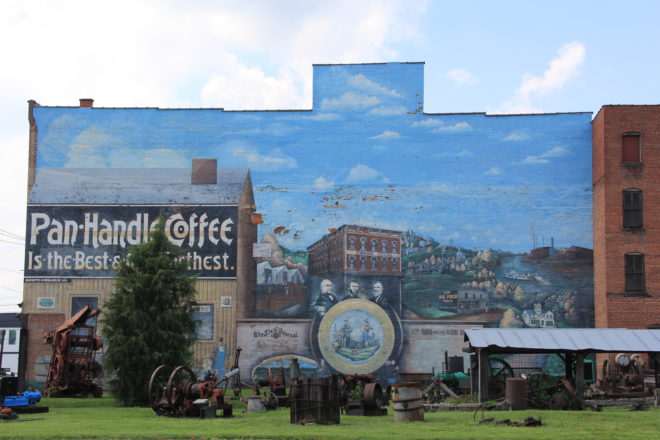
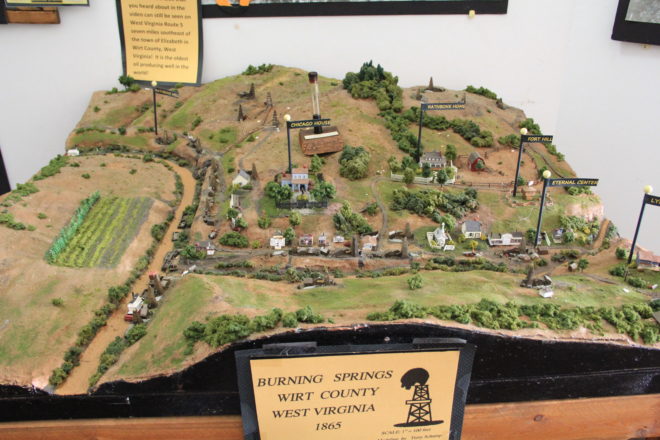
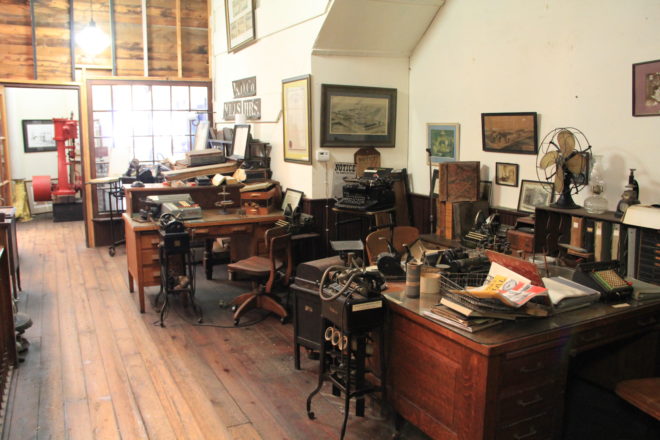
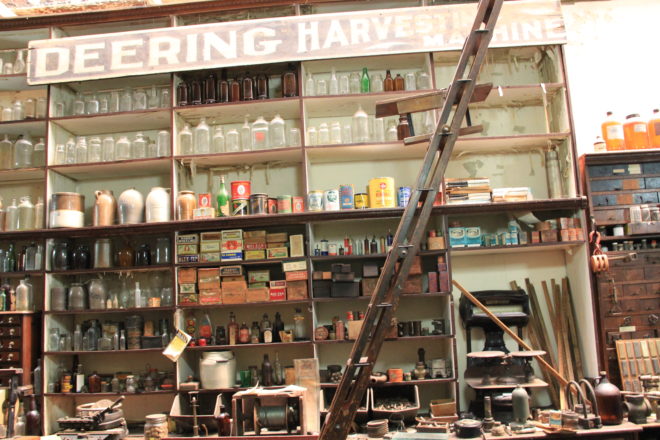
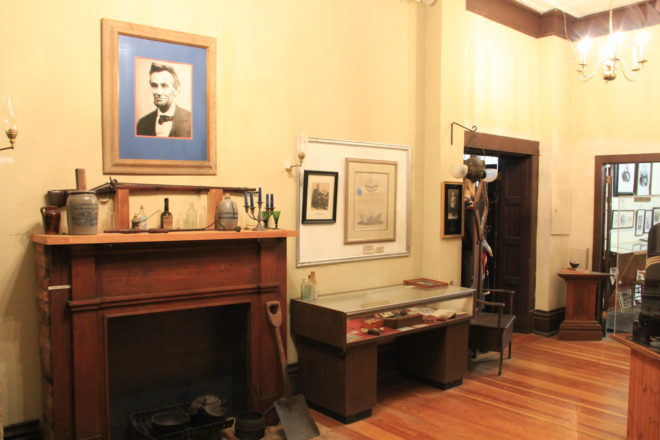
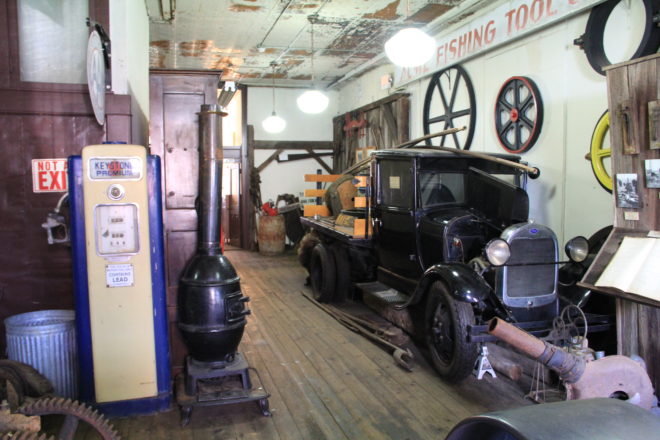
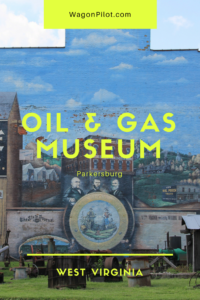
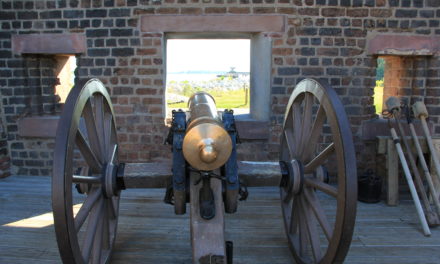



Hello Lisa. Contact information for the Oil & Gas museum is on their website at http://www.oilandgasmuseum.org/
Hello,
I wanted to see if you have any exibits for oil and gas pipelines from 1800’s?
I have one from my family and I am interested in possibly it going to a museum.
Please let me know if this is something you might be interested in?
Or if you can refer me to someone who might?
Lisa Morken